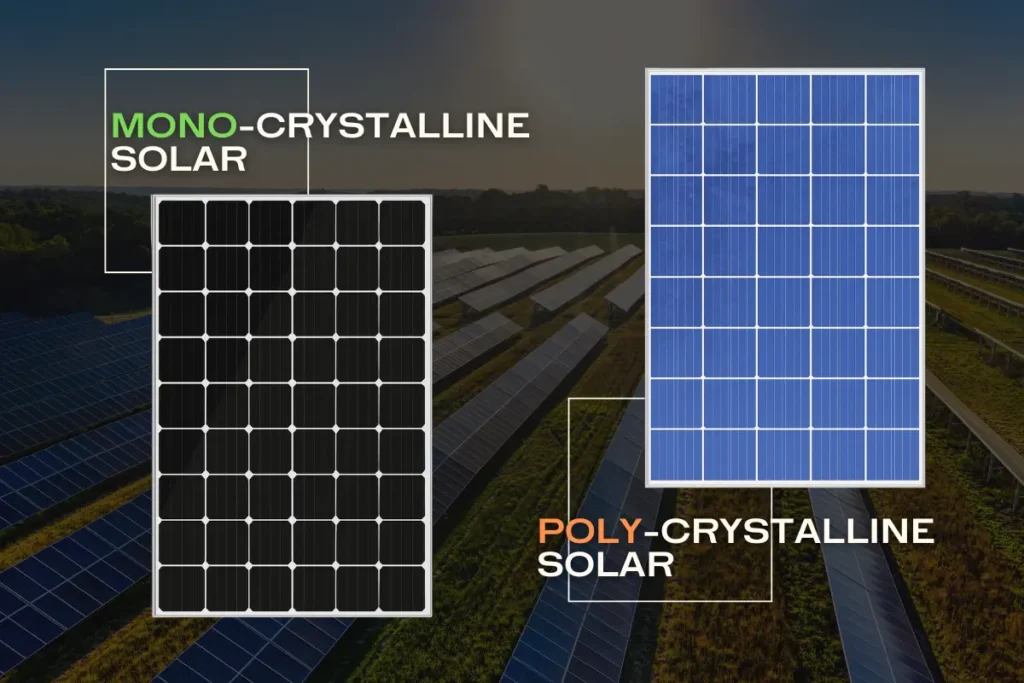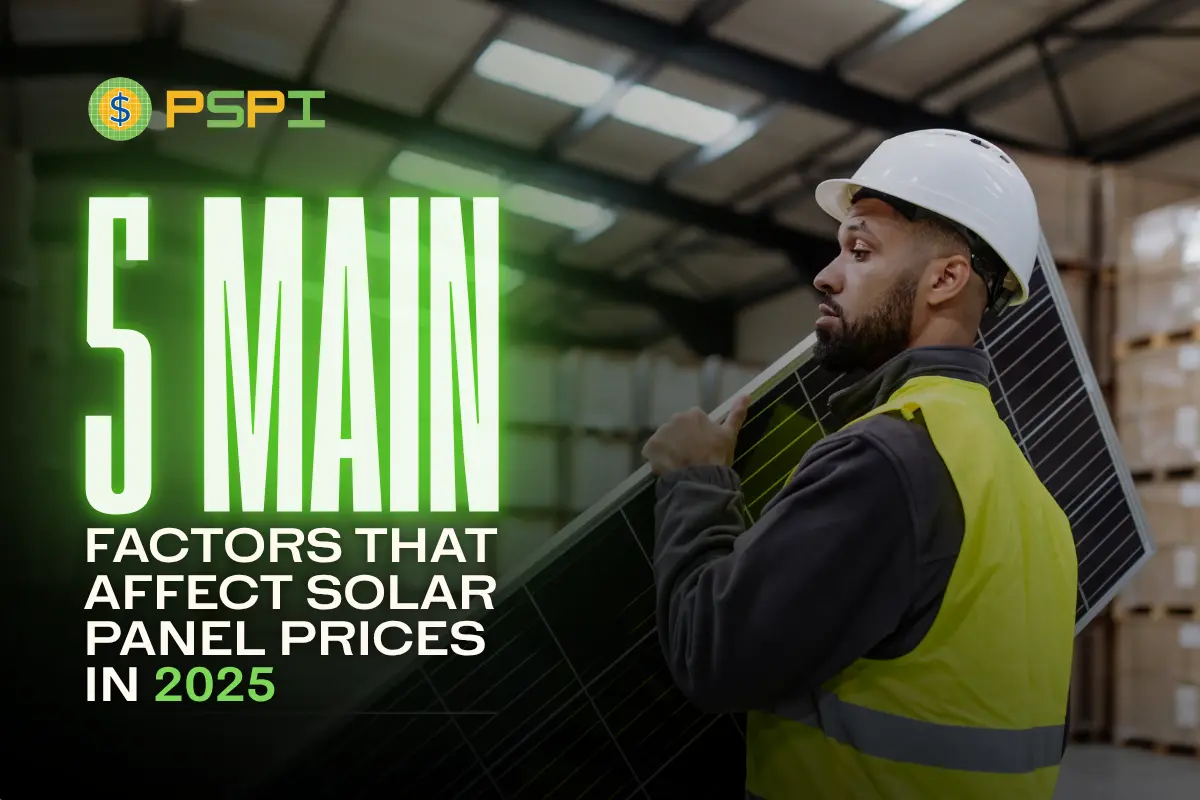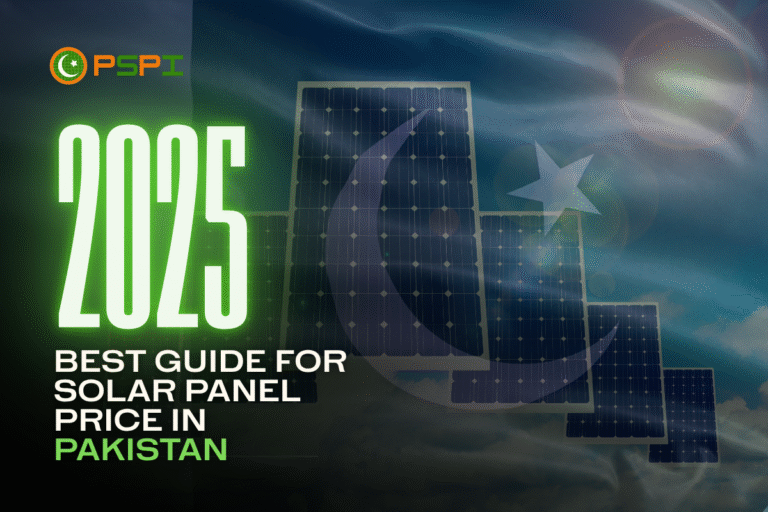Is the price of solar panels justified, or are you being overcharged?
This is a common concern for many considering switching to solar energy. With the increasing popularity of solar power, many buyers are questioning the real cost of installing solar panels. While some systems are reasonably priced, others can be quite expensive. So, what factors determine the solar panel price? Is it the brand, the technology, or the installation process?
In this blog, we’ll explore the various factors that affect the price of solar panels. By the end, you’ll have a clear understanding of what you’re paying for and how to ensure you’re getting value for your money.
1. Types of Solar Panels: Monocrystalline vs. Polycrystalline
The type of solar panel you choose greatly affects the solar panel price. The two main types are:

Monocrystalline Panels:
Efficiency: 20-22%
Price: Higher
Best for: Limited roof space, high energy needs
Monocrystalline panels are the most efficient and durable, but they come with a higher price tag. Ideal if you have limited space or need maximum power.
Polycrystalline Panels:
Efficiency: 15-17%
Price: More affordable
Best for: Larger roof space, budget-friendly options
Polycrystalline panels are more affordable but slightly less efficient. If you have plenty of space and want to save upfront, they’re a solid choice.
2. Panel Efficiency: The Higher the Efficiency, the Higher the Price
Solar panel efficiency plays a huge role in determining the overall solar panel price. Efficiency refers to how well a panel can convert sunlight into usable electricity. Here’s how it impacts your cost:
–High-efficiency panels (20%+):
These cost more, but they generate more electricity from the same amount of space. Perfect for limited roof areas or high energy needs.
–Lower-efficiency panels (15-17%):
These are more affordable but require more panels to generate the same power, making them ideal for homes with ample roof space.
My Tip: Choosing higher-efficiency panels can increase your initial investment, but they can also deliver better long-term savings. If you’re short on space or need more power, investing in high-efficiency panels may be worth it.
3. Brand and Manufacturer: Quality vs. Cost
The brand and manufacturer of your solar panels can significantly impact the solar panel price. Well-known brands like SunPower, LG, and Canadian Solar often charge a premium due to their reputation for quality, reliability, and long warranties.
Here’s how to choose:
Premium Brands: Higher price, but longer warranties and better performance.
Budget Brands: More affordable, but may come with shorter warranties and slightly lower efficiency.
What my team suggests: While well-known brands come at a higher price, their reliability and performance can make them worth the investment in the long run. However, if you’re on a budget and willing to compromise on some features, less expensive brands can still get the job done.
4. Side Equipment: Mounting, Batteries, and Other Essentials
Beyond the panels, several side equipment components contribute to the overall solar panel price:
–Mounting Systems: Necessary to secure panels to your roof or ground.
–Batteries: For storing excess energy, especially if you want backup power.
–Inverters: Convert DC power to usable AC power.
–Wiring & Electrical Components: Includes wiring, connectors, and breakers for setup.
Expert Advice: These components add to your total cost, so be sure to include them in your budget for a full picture of your solar system investment.
5. Installation Costs: The Hidden Factor
While many focus on the cost of the panels, installation costs often make up a large part of your total investment. These can vary based on:
1-Roof type: Different mounting systems for flat or sloped roofs.
2-Panel size: Larger systems require more labor and materials.
3-Location: Hard-to-access or weather-sensitive areas can increase costs.
4-Wiring and permits: Extra costs for electrical work and permits.
Important Note: Installation can account for up to 30% of your total solar system cost. Make sure to get a detailed quote that includes all potential costs to avoid surprises.
Final Words
The price of solar panels varies depending on factors like panel type, efficiency, brand, and installation costs. While it’s easy to focus on the upfront price, investing in high-quality panels and reliable brands often leads to better long-term savings. Assess your space, energy needs, and budget to make an informed decision. Ultimately, solar energy is a smart investment for both cost savings and a sustainable future.



